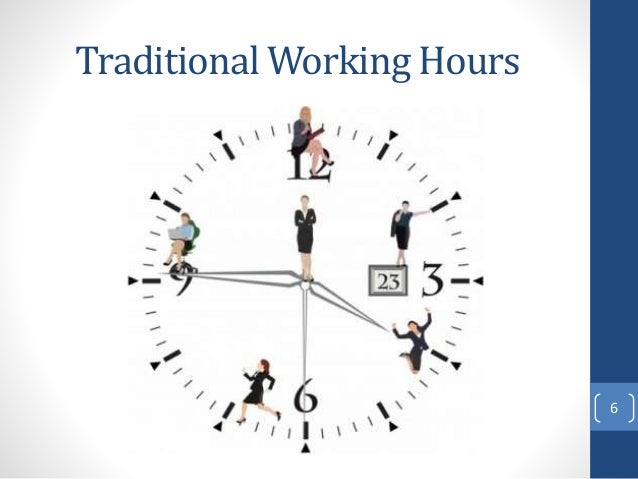
You can make a request at any time as long as you have been employed continuously for 26 weeks.

compressed hours - employees work their total hours over fewer working days eg, a ten day fortnight is compressed into a nine day fortnight.

staggered hours - employees have various starting and finishing times meaning that goods and services are available outside traditional working hours.term-time working - employees don’t work during school holidays and either take paid or unpaid leave or their salary is calculated pro-rata over the whole year.part-time working - employees might work shorter days or fewer days in a week.job sharing - usually two employees share the work normally done by one person.home working or teleworking - teleworking is where employees spend part or all of their working week away from the workplace and homeworking is just one of the types of teleworking.flexi-time - employees may be required to work within set times but outside of these 'core hours' have some flexibility in how they work their hours.
#Flextime schedule download
Note: For a summary of the statutory rights in work which may be of interest to you as a carer, download our factsheet ' Your rights in work' or our 'Let's talk about flexible working' guide for more information and tips. Some employers provide better rights to flexible working than the basic rights outlined in this guidance so it’s a good idea to check your contract of employment, staff handbook, HR policies or letter of appointment, as it may provide you with better entitlement. "The support my organisation has given me as a carer makes me more committed to them." For more information about the government's latest announcement on people's flexible working rights and carers' rights to unpaid leave, see our press release.


 0 kommentar(er)
0 kommentar(er)
